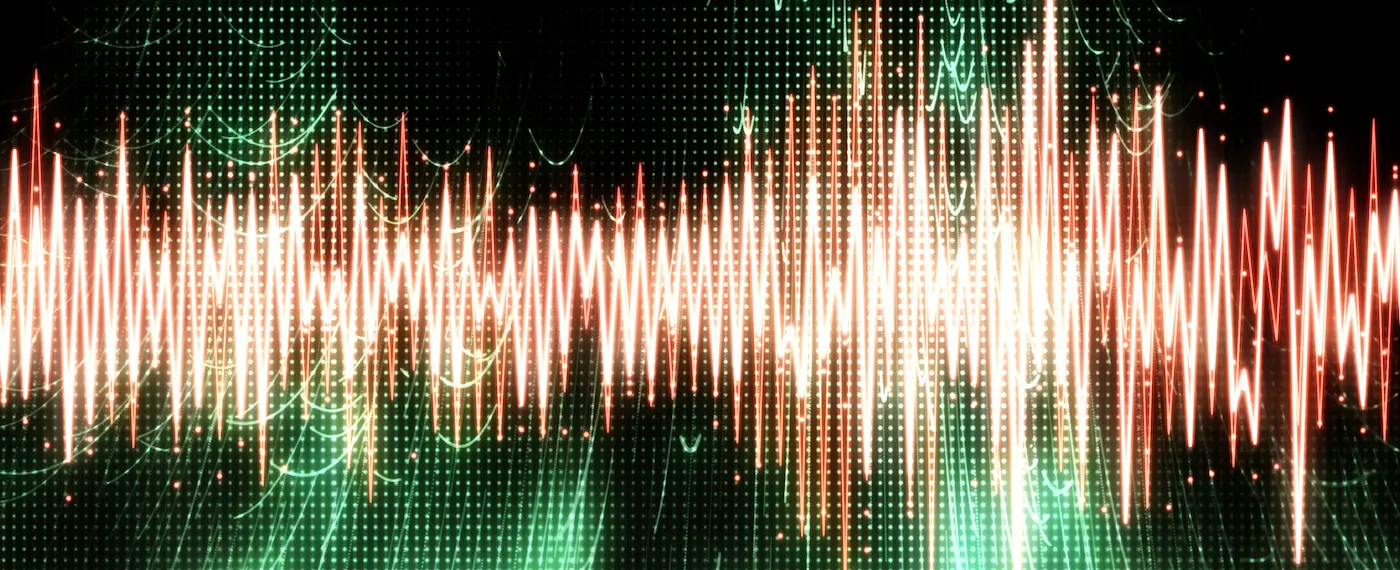
What is Echoic Memory and Why it is Important
Table of Contents
A non-endless stream of sounds constantly surrounds us. Processing and holding the information that is presented out loud or orally are the critical tasks for the auditory type of memory. While this way of memorization is quite brief, it plays a significant role in the human’s ability to concentrate and memorize. Exploring echoic memory, you will also discover how it can be used to strengthen thinking processes and expand mind capacity.
Endless sounds surround us, and our auditory memory is constantly at work. Echoic memory in memorization plays a significant role in a human’s ability to concentrate and memorize. Therefore, paying attention to how sounds are recognized and interpreted will serve as an advantage to strengthen the thinking processes and expand mind capacity.
Echoic Memory Psychology Definition
We use our senses daily to perceive the surrounding world. Functions of our senses and efficiency of memorization are tightly related. This is how we can consume and gain knowledge and create memories. Once a stimulus that can elicit and evoke our sensations is received, our brain’s job is to encode it. The ability to hold and recollect information gained from hearing senses is important for overall mind power. It also allows us to create fleeting and temporary impressions of what we are experiencing day-to-day.
What is an echoic memory key issue? First of all, it may deteriorate due to age transformations that occur in every individual. But it doesn’t mean you should put up with having memory decline and minor issues. They may really prevent the quick recall of short-lived information and lower the quality of life. But you can learn how to improve short-term memory. Slight tricks, regular practice, and a wise approach to keep your memory in a tip-top shape will help to reach the highest level of cognition even despite some aging signs.
Ongoing memory training will definitely boost your crystallized intelligence that stands for stored data retrieval. It, in turn, can also be beneficial for such cognitive functions as critical thinking, solving problems, and reasoning. As for the echoic memory, the mechanism may have a significant role in memory power reinforcement and growth. Moreover, it is often considered the foremost component responsible for memory shaping and storage.

Echoic Memory Examples: When it is Activated
Any individual encodes, stores, and retrieves various sounds throughout life. It can be a catchy jingle from advertising you’ve heard daily when you were a child, a melody from a favorite TV show, or the sound of a door ring. But these are not echoic memory examples. It is rather data that was converted into long-term memories and that you can retrieve after years of keeping them somewhere in your mind space. The echoic memorization system is about how rapidly and precisely you can reproduce just heard sounds. These sounds can live in your memory for quite a short period.
Spoken Communication
One of the simplest echoic memory examples is communication. At the moment when someone talks to you, the brain latches onto each separate syllable and queues up each unit of pronunciation into one logical sentence. And while our memory can hold most of the recognized words just for a moment, this is how we can understand others.
Listening to Music
Perceiving musical notes and chords as one piece of music is also a task for our auditory memorization. Moreover, such a stimulus as music can become a great aid for improving mental capacity. It was proven that daily listening sessions expand the retention period and facilitate the creation of more robust connections between numerous sounds.
Repeated Speech
Consuming verbal information may be easier if it is constantly repeated. Thus, the repeated speech also stirs up echoic memory. It is especially useful if you are distracted or busy when others talk. For example, a person does not listen carefully to another person’s conversation. To activate the auditory memorization, it is recommended to ask to repeat the same converse. It is how the brain can filtrate what was said to understand which amount of information was received and which details were missed.

Reducing Noisy Distractions for Better Focus
And the last important thing is to learn how to confront accidental noisy distractions. This can be useful for those who require a strong focus when dealing with complex tasks. Reaching a total concentration is especially needed for such activities as preparing for an exam and learning hard-to-remember information, difficult concepts, facts, definitions, etc. Thus, with random sounds and distractions plainly flung at us from everywhere, it is of primary importance to grow a tactic for getting rid of them and mask things that prevent the one from giving full attention. Background music can be one of those hacks for a wider attention span. However, most studies have proven that echoic memory can disrupt our brain’s ability to process incoming information efficiently. Therefore, it might mean that silence can be much more beneficial for concentration.
What About Iconic Memory
Visual memory, known as an iconic one, is referred to our ability to capture images for a fraction of seconds. It is about short-lived visual memories of images we’ve just seen. Handling visual data, we shape our memories that are transferred to our mind storage for their further retrieval. Without this brain function, we won’t be capable of filtering data and keeping the most important portion of it for some longer periods. However, most tests prove that the echoic type is more powerful and useful.
How can Echoic Memory be Used for Growing Mental Power?
To enhance and increase the efficiency of a sensory type of memory, it is pivotal to work on the ability to hold data obtained through our auditory senses. Leveraging your echoic memory, you will be capable of keeping your cognition sharp and improving the brain’s ability to memorize a ton of new and complex knowledge. For example, applying such a memory aid as the mind palace, instead of using visualization, you can try to create auditory connections. With such a new training experience, you will capably stimulate your brain. A diversity of smartly-created exercises to promote and train echoic memory is impressive. You can improve memory with an app, incorporate some traditional brain-boosting tactics, and activate your cognition with a set of tricks. An interactive way of gaining excellent cognitive skills and incredible mental agility can also make a difference in how you embrace, process, and hold audio information.
To Wrap Up
The sounds around us are perceived by our memory bit by bit. For example, it allows understanding a series of musical notes as a full song or a set of syllabuses as words. Our brain usually absorbs sounds automatically without any mental effort. So echoic memory can be activated even when you are not giving ear to a particular sound you might hear at the moment. And since our mind is programmed to rely on senses, especially on auditory ones, it is of paramount importance to be aware of types of memory that are considered short-lived and which role these types play in our daily life.
FAQ
Is echoic memory rare?
The human memorization system has the automatic ability to capture sounds, so the auditory type of memorization is a frequent phenomenon. The thing is that some individuals can recall sounds more efficiently and store them longer than other individuals.
Why does echoic memory last longer than memory?
Received from our hearing memories last longer than the ones obtained from visual impetus. That’s because sounds are processed differently than visual images.
Do eidetic memories exist?
Eidetic memory is a brain skill to recreate extremely vivid images using the mind’s eye. Such phenomena may often occur in children and rarely in adults. However, it can be trained and improved.
Who discovered echoic memory?
The leading American psychologist, George Sperling, has recognized such type of memory as echoic one after conducting a set of tests and experiments.